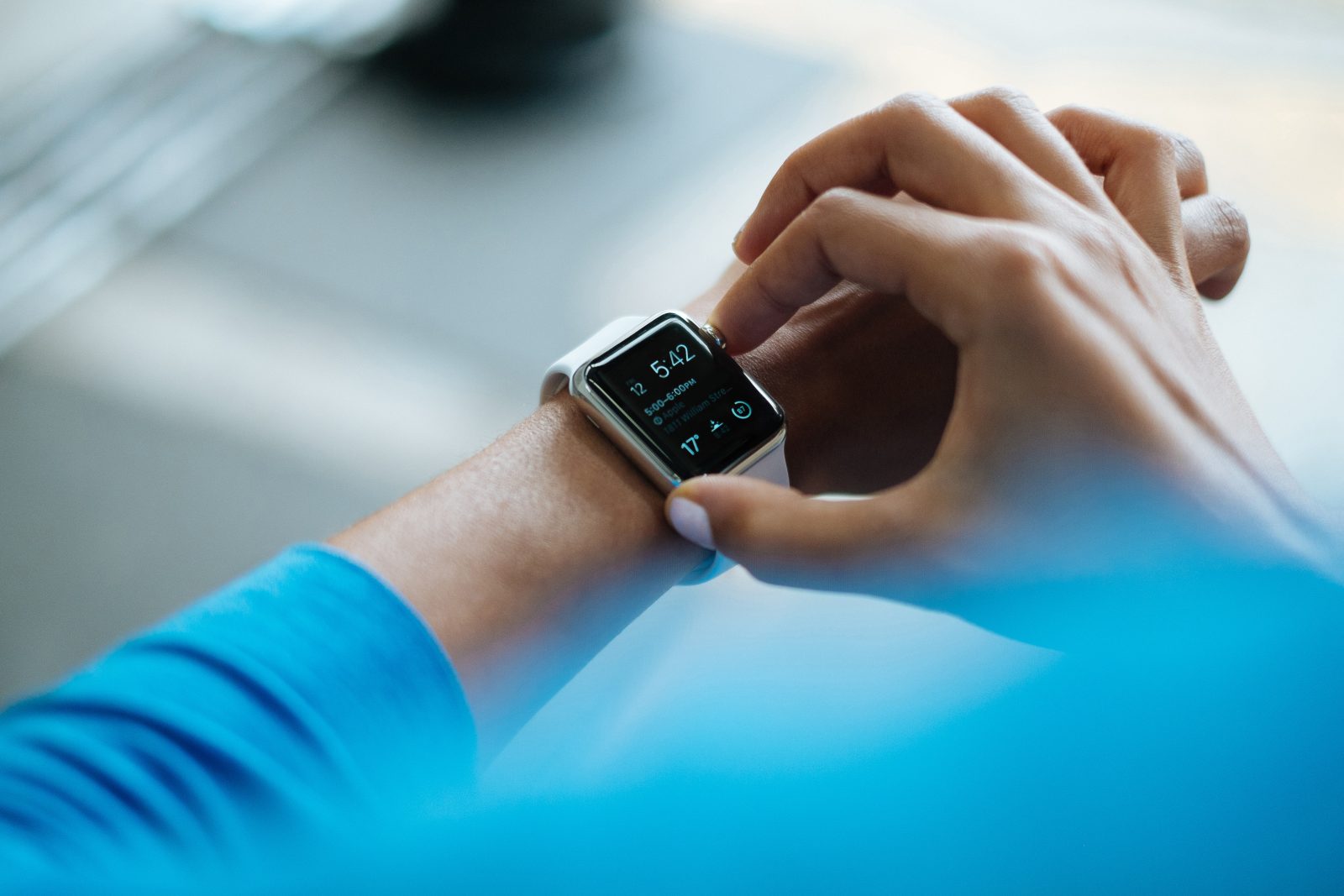I was a Naval reservist and had to go in for a routine physical. The ship’s corpsman noticed my resting heart beat was one hundred and ten beats per minute. He sent me over to the Naval hospital for an EKG and to be evaluated by a doctor. A corpsman took my EKG and asked me if I was feeling OK. I said sure, no problems! I was told to rest ten minutes and they would do another EKG. Ten minutes later, they came back and found me asleep on the table. Talk about resting! They did the EKG again and my heart rate was one hundred and twenty beats a minute. Next thing I know, I am on a table in the ER, stripped down to my skivvies with doctors shining lights in my eyes and poking every conceivable part of my body. The doctor wanted to admit me into intensive care because he thought I was on my way to a thyroid storm and I could get very sick, very fast. The man got my attention. I told him there was no way they were going to put me into the hospital (doing my male thing again). I explained to the doctor that I was a reservist and if he put me into the hospital, they would have to put me on active duty. The doctor listened to my concern about being in the hospital and said “Mister, money doesn’t matter if you’re dead.” Once again he got my attention.
I had my first thyroid storm last weekend.



